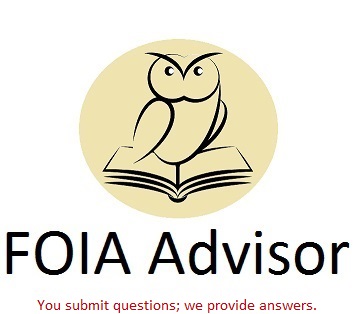Are Slack Messages Subject to FOIA Requests?
If you work for a government agency, your taco emoji are federal records.
By Kaveh Waddell, The Atlantic, Jan. 27, 2016
In offices the world over, email servers are gathering dust as workers flock to group instant-messaging platforms to communicate. Slack, one of the most popular platforms, lets users in a team send messages to one another, individually or in groups. It plays nicely with other online services, a feature which has helped it take off among media and technology companies. The company says its platform has attracted more than 2 million active users—including hundreds here at The Atlantic—and it’s valued at nearly $3 billion.
Recently, the government, which often lags behind on technology, has begun to catch on. According to Slack CEO Stewart Butterfield, the General Services Administration, NASA, and the State Department are all experimenting with using Slack for internal communication.
The move is a potential boon to government productivity (notwithstanding the tide of emoji it will likely bring into the work lives of our nation’s public servants). But it could also be a threat to a vital tool for government accountability.
Emails sent to and from most government accounts are subject to Freedom of Information Act requests. That means that any person can ask a federal agency to turn over emails sent to or from government email accounts, and the agency must comply—unless protected by one of nine exemptions, which cover classified material, trade secrets, and information that would invade personal privacy if released. (A FOIA request filed by Jason Leopold of Vice News resulted in the release of tens of thousands of emails from Hillary Clinton’s time as Secretary of State.)
Calls to the FOIA offices of GSA, NASA, and the State Department inquiring about their policies with regards to Slack messages went unreturned. But a document posted last July by the National Archives and Records Administration mentions Slack specifically, and lays out guidelines for archiving electronic communications.
Read more here.
